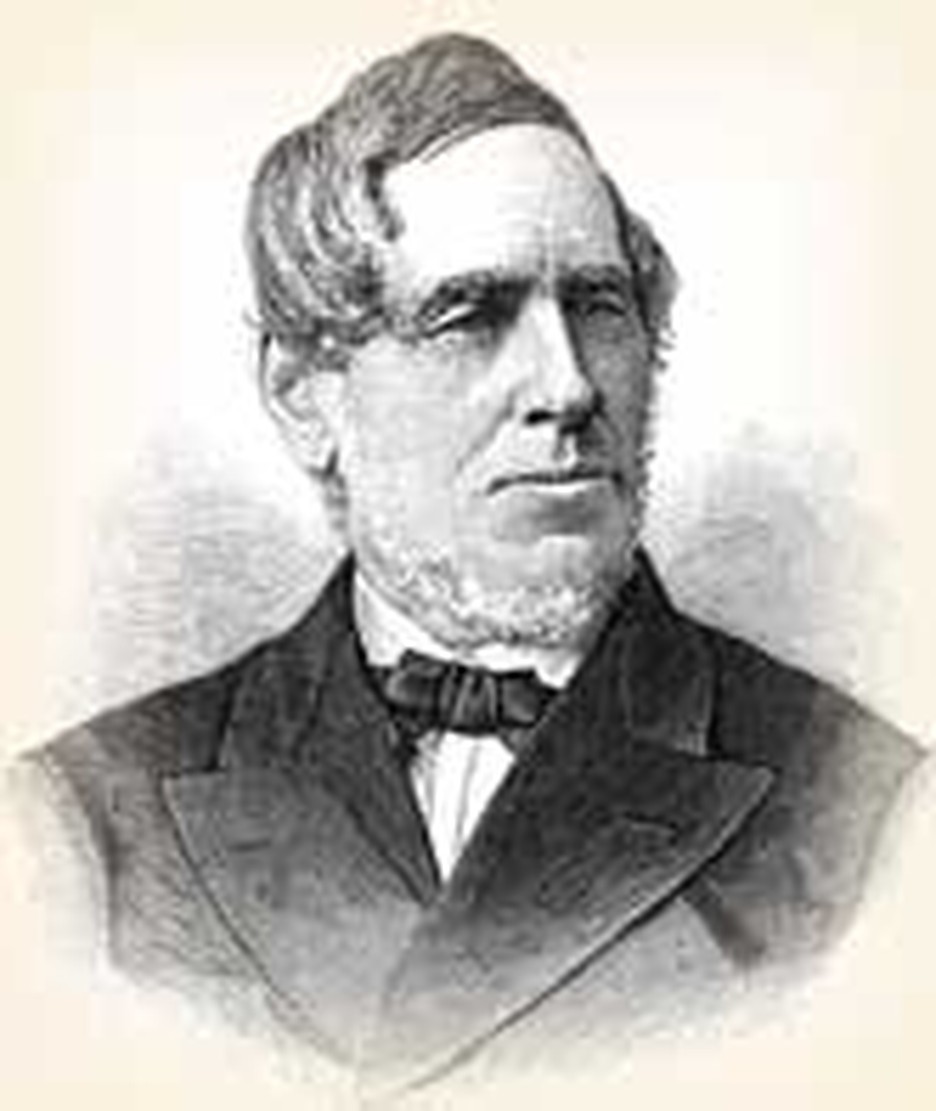
Samuel Francis Smith was in his last year of seminary at Andover and very poor. To make ends meet, he accepted literary work. That is how it came about that musician Lowell Mason asked him to translate some German verses for a songbook he was preparing. Among the tunes he handed Smith was a German patriotic hymn, "God Bless Our Native Land." When Smith read it, he immediately felt that the United states also needed a stirring national poem.
Writing on scraps of paper in February 1832, he finished within thirty minutes a poem he titled "America." Mason published it.
On this day, July 4, 1832 the children's choir of Park street Congregational Church in Boston sang it at a Sunday school celebration. Beginning with the now familiar words, "My country, 'tis of thee, sweet land of liberty. . ." It gained immediate popularity. One leader commented that since it was "strong in simplicity and deep in trust in God, children and philosophers can repeat the hymn together. Every crisis will hear it above the storm."
The tune to "America" is actually quite cosmopolitan, the official or semiofficial melody of about twenty nations. For over a century it had been England's anthem, "God Save the Queen (or King)." As early as the seventeenth century it was found in Swiss music and had a long history of usage in Germany, Sweden, and Russia. Nine years after Smith adopted it, Beethoven wrote piano variations on the melody.
The four traditional verses of "My Country 'Tis of Thee" were all part of Smith's original poem. Editors deleted a fifth verse because of its strong anti-British sentiment. The best of the lines firmly plants our freedoms in God. "Our father's God, to thee, Author of liberty, to Thee we sing."
After completing his seminary studies, Smith went on to become one of the outstanding Baptist preachers of the nineteenth century. He composed 150 hymns during his life. In 1843, with Barton Stone, he compiled The Psalmist, the most widely-used Baptist hymnal of the day.
Later, as secretary of the Baptist Missionary Union, Smith visited many foreign mission fields. A gifted linguist, he was skilled in 15 languages, to which he attempted to add a sixteenth at the very end of his life: a year before his death at the age of eighty-six, he began the study of Russian! It is, however, for "America," that Samuel Francis Smith is best remembered.
Bibliography:
- Armitage, Thomas. A History of the Baptists; traced by their principles and practices, from the time of our Lord and Saviour Jesus Christ to the present. New York: Bryan, Taylor and Co., 1893.
- Burrage, Henry S. Baptist Hymnwriters and their Hymns. (Portland, Maine: Brown, Thurston and co., 1888).
- Fitch, Marguerite and Edward Ostendorf. Samuel Francis Smith; My Country 'Tis of Thee. The Sowers. 1989.
- "Smith, Samuel Francis." Dictionary of American Biography. New York : Scribner, 1958 - 1964.
- "Smith, Samuel Francis." Virtual American Biography. https://www.famousamericans.net/samuelfrancissmith/
- Wells, Amos R. A Treasure of Hymns; Brief biographies of 120 leading hymn- writers and Their best hymns. Boston: W. A. Wilde company, 1945.
- Various encyclopedia articles.
Last updated April, 2007.
_639003522088907085.jpg)

